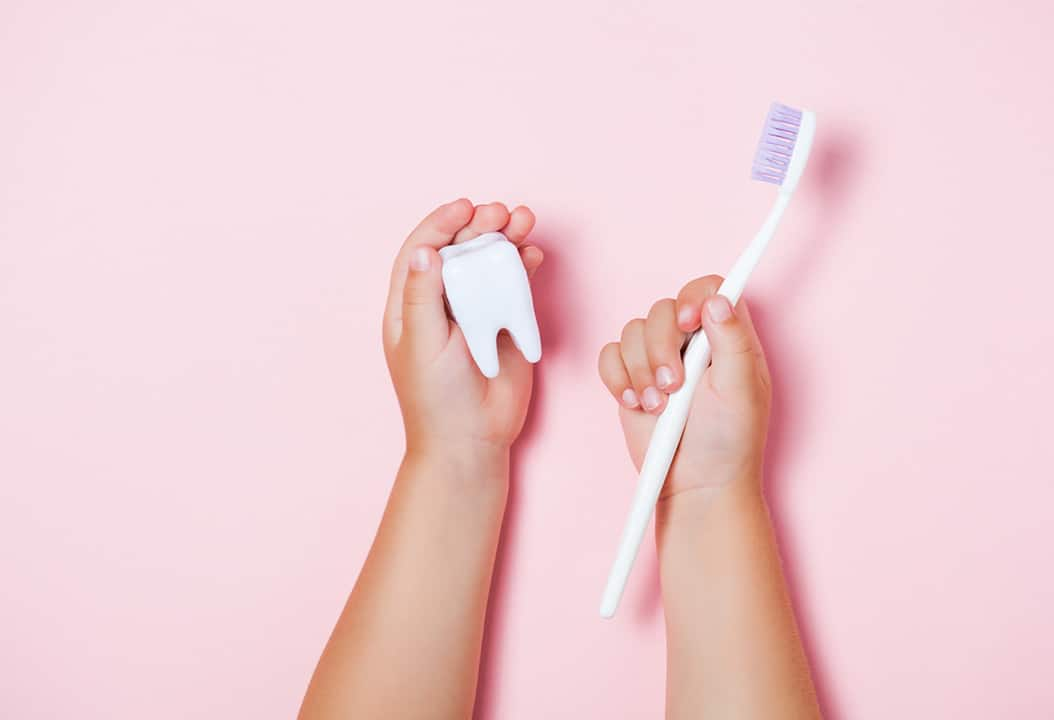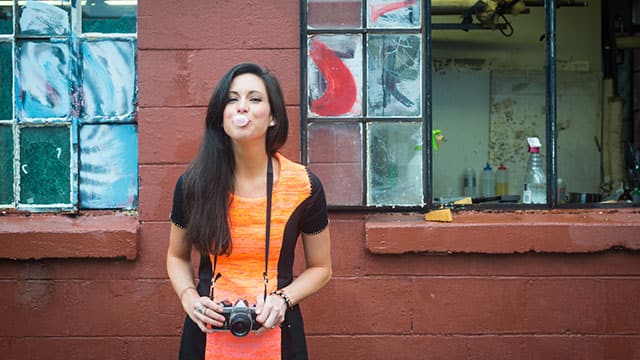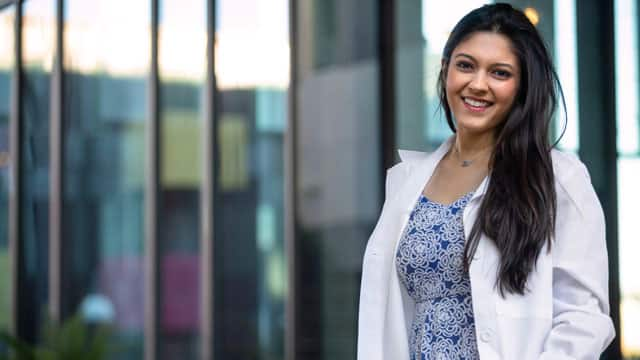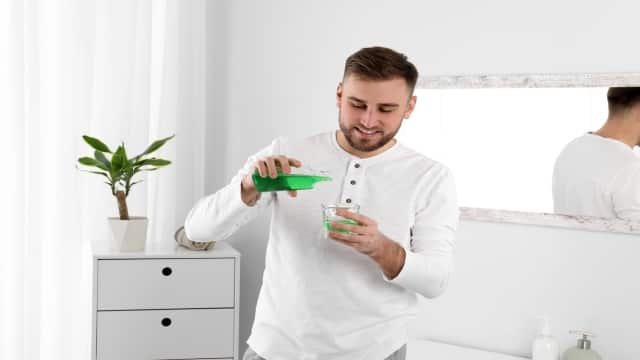Need for Personal Care Items
Necessities such as laundry soap, deodorant, toilet paper, shampoo, and toothpaste are in high demand for people in need. For kids from low-income families or job seekers trying to secure employment, not having access to personal care products makes hygiene hard—when it doesn't need to be.
Oral hygiene products, in particular, can help support the overall health of people without access to personal care products. Donated oral health products can make a big difference, especially for people who may not get to the dentist very often. For example, regular brushing and flossing can help prevent plaque from hardening into tartar deposits that require a dental visit to remove.
Where You Can Give
Donate your clean, unopened, unexpired personal care items and make a difference in lives in your community. But first, you need to find someplace to donate them. Read on for five ideas to get you started.
The Ronald McDonald House
Check with a local Ronald McDonald House chapter near you to see if you can drop off travel-size toiletries. It's one less thing for families to worry about when they're far from home.
The Salvation Army
The Salvation Army accepts unopened toiletry items at many of their locations, so check with your local group to see if you can make a drop-off.
Operation: Care and Comfort
Operation: Care and Comfort supports the U.S. military by sending basic hygiene and toiletry items to deployed soldiers. You can mail items to their main donation center or drop them off if you live near any of the drop-off areas.
Local Homeless Shelters
Local shelters often need donations, as well as support from community members like you. You can find homeless shelters near you by consulting the national Homeless Shelter Directory.
More Local Groups
Other local organizations that may welcome personal care donations in your area include food pantries, women's shelters, religious centers, veteran health centers, and disaster relief groups. "Buy Nothing,” and gifting groups connect on social media platforms to support their communities with items as well.
ORAL HEALTH QUIZ
What's behind your smile?
Take our Oral Health assessment to get the most from your oral care routine
ORAL HEALTH QUIZ
What's behind your smile?
Take our Oral Health assessment to get the most from your oral care routine
This article is intended to promote understanding of and knowledge about general oral health topics. It is not intended to be a substitute for professional advice, diagnosis or treatment. Always seek the advice of your dentist or other qualified healthcare provider with any questions you may have regarding a medical condition or treatment.















